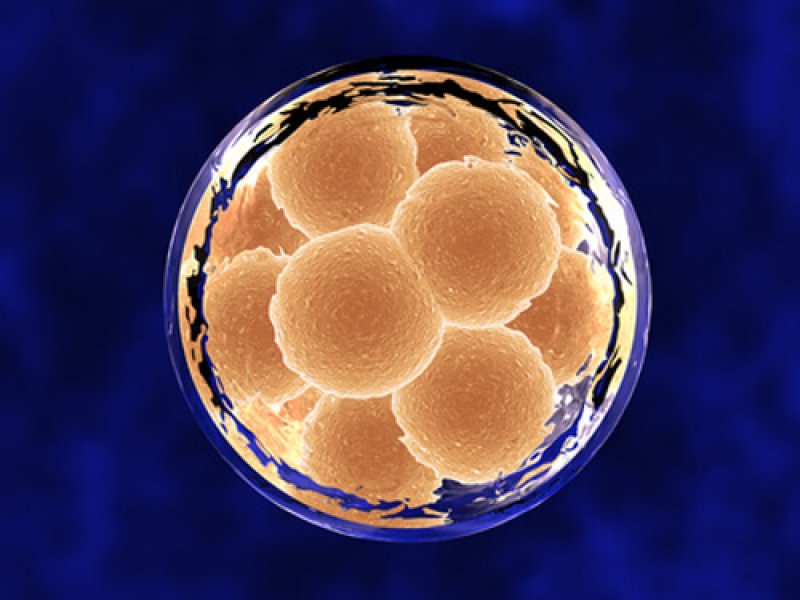The GLP aggregated and excerpted this blog/article to reflect the diversity of news, opinion and analysis.
UK scientists have been given the go-ahead by the fertility regulator to genetically modify human embryos.
It is the first time a country has considered the DNA-altering technique in embryos and approved it.
The research will take place at the Francis Crick Institute in London and aims to provide a deeper understanding of the earliest moments of human life.
It will be illegal for the scientists to implant the modified embryos into a woman…
In a world-first last year, scientists in China announced they had carried out gene editing in human embryos to correct a gene that causes a blood disorder.
Prof Robin Lovell-Badge, a scientific advisor to the UK’s fertility regulator, told the BBC: “China has guidelines, but it is often unclear exactly what they are until you’ve done it and stepped over an unclear boundary.
“This is the first time it has gone through a properly regulatory system and been approved.”
The experiments will take place in the first seven days after fertilisation.
During this time we go from a fertilised egg to a structure called a blastocyst, containing 200-300 cells.
Read full, original post: Scientists get ‘gene editing’ go-ahead
The Science Media Center in the United Kingdom hosted several expert scientific comments on the decision.
Ms Sarah Norcross, Director of Progress Educational Trust, said:
This decision by the HFEA is a victory for level-headed regulation over moral panic. The decision allows basic scientific research into early embryo development and miscarriage to continue, using embryos donated for research by couples who have had fertility treatment in a well-regulated environment.
Prof. Bruce Whitelaw, Professor of Animal Biotechnology at The Roslin Institute, University of Edinburgh, said:
The HEFA approval of research on human embryos that involves the use of genome editors emerges after robust assessment of this project. It illustrates how UK regulatory procedures enable the pursuit of appropriate new knowledge. This project, by increasing our understanding of how the early human embryo develops and grows, will add to the basic scientific knowledge needed for devising strategies to assist infertile couples and reduce the anguish of miscarriage – challenges with which our society continues to grapple…
Dr Sarah Chan, Chancellor’s Fellow at Usher Institute for Population Health Sciences and Informatics, University of Edinburgh, said:
This is an encouraging step as it demonstrates that good science and effective ethical oversight can go hand-in-hand. Dr Niakan’s research into the biology of early human development is valuable both for scientific knowledge and the therapeutic applications it may eventually produce, for example in treating infertility and in stem cell therapies. At the same time, the use of genome editing technologies in embryo research touches on some sensitive issues; therefore it is appropriate that this research and its ethical implications have been carefully considered by the HFEA before being given approval to proceed. We should feel confident that our regulatory system in this area is functioning well to keep science aligned with social interests.































